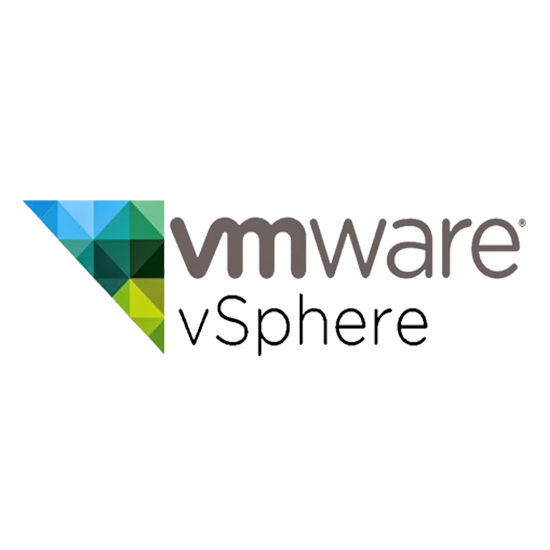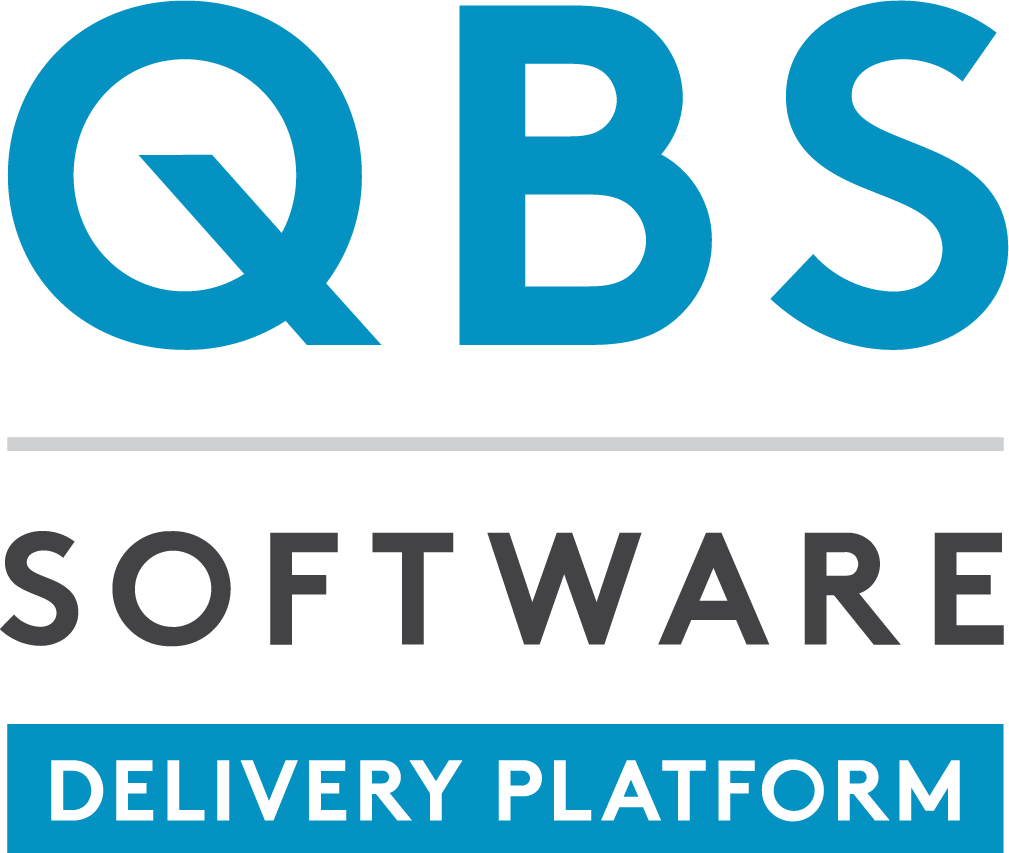
Need more information on this product?
Please contact us on +44 (0)20 8733 7100 or via our online form.
If you are not currently a customer, you can apply for an account.
vSphere with Operations Management takes virtualisation to the next level with intelligent operations management. It provides you better insights, resulting in improved performance and availability.
VMware vSphere 6.5 is a next-generation infrastructure for next-generation applications. It provides a powerful, flexible and secure foundation for business agility that accelerates the digital transformation to cloud computing and promotes success in the digital economy. vSphere 6.5 supports both existing and next-generation apps through its
1) simplified customer experience for automation and management at scale;
2) comprehensive built-in security for protecting data, infrastructure and access;
3) universal application platform for running any app anywhere.
With vSphere 6.5, customers can now run, manage, connect and secure their applications in a common operating environment, across clouds and devices.
VMware vSphere is available in the following editions:
- VMware vSphere Standard Edition: Provides an entry-level solution for basic server consolidation.
- VMware vSphere Enterprise Plus Edition: Offers the full range of VMware vSphere features for transforming datacenters into simplified cloud infrastructures.
VMware vSphere Kits all-in-one solutions that include multiple vSphere licences and vCenter Server enabling an organisation to begin their vSphere environment. Kits are available in two editions Essentials Kits and Acceleration Kits.
- VMware vSphere Essentials Kit: All-in-one solution ideal for small offices. It enables consolidation and management of applications to reduce hardware and operating costs. The VMware vSphere Essentials kit must be purchased along with a one-year subscription to software patches and updates. Support is optional and available on a per incident basis.
- VMware vSphere Essentials Plus Kit: Adds features such as vSphere vMotion, vSphere HA, vSphere Storage Appliance for Essentials Plus and vSphere Data Protection to VMware vSphere Essentials to enable always-on IT for the small environment. SnS for VMware vSphere Essentials Plus is sold separately. A minimum of one year of SnS is required.
- VMware vSphere Remote Office Branch Office Standard:Remote site server virtualisation platform with business continuity and backup features.
- VMware vSphere Remote Office Branch Office Advanced:Remote site server virtualisation offering business continuity and backup with advanced features such as standardisation of host configurations.
VMware vSphere - Features
Key Features:
• NEW Scale Enhancements: New configuration maximums to support even the largest app environments.
• NEW VMware vCenter Server Appliance: The single control center and core building block for vSphere.
• NEW vCenter Server® High Availability: Native vCenter Server high availability solution.
• NEW vCenter Server Backup and Restore: Native vCenter Server Backup and Restore.
• NEW vCenter Server Appliance Tool: Single step migration and upgrade of existing vCenter Server to vCenter Server Appliance.
• NEW REST APIs: Simple, modern developer-friendly APIs.
• NEW vSphere Client: HTML5-based GUI that ensures fast performance and cross-platform compatibility.
• NEW Security-at-Scale: Policy-driven security that makes securing
infrastructure operationally simple.
• NEW Encryption: VM-level encryption protects unauthorised data
access both at-rest and in-motion.
• NEW Audit-quality logging: Enhanced logging that provides
forensic information about user actions.
• NEW Secure Boot: Protection for both the hypervisor and guest operating system by ensuring images have not been tampered with and preventing loading of unauthorised components.
• NEW vSphere Integrated Containers: Virtual infrastructure platform for containers.
• NEW Proactive HA: High availability capability that utilises server
health information and migrates VMs from degraded hosts before problem occurs.
• NEW Cross-Cloud vMotion: Live migrate workloads between VMware based clouds.
• NEW Virtual Volumes Replication: Native array virtual volumes
replication.
VMware vSphere - System Requirements
The two core components of vSphere are ESXi and vCenter Server. ESXi is the virtualisation platform on which you can create and run virtual machines and virtual appliances. vCenter Server is a service that acts as a central administrator for ESXi hosts connected in a network. vCenter Server lets you pool and manage the resources of multiple hosts.
ESXi Hardware Requirements
To install or upgrade ESXi, your hardware and system resources must meet the following requirements:
- Supported server platform . For a list of supported platforms, see the VMware Compatibility Guide at http://www.vmware.com/resources/compatibility.
- ESXi 6.5 requires a host machine with at least two CPU cores.
- ESXi 6.5 supports 64-bit x86 processors released after September 2006. This includes a broad range of multi-core processors. For a complete list of supported processors, see the VMware compatibility guide at http://www.vmware.com/resources/compatibility.
- ESXi 6.5 requires the NX/XD bit to be enabled for the CPU in the BIOS.
- ESXi 6.5 requires a minimum of 4GB of physical RAM. It is recommended to provide at least 8 GB of RAM to run virtual machines in typical production environments.
- To support 64-bit virtual machines, support for hardware virtualisation (Intel VT-x or AMD RVI) must be enabled on x64 CPUs.
- One or more Gigabit or faster Ethernet controllers. For a list of supported network adapter models, see the VMware Compatibility Guide at http://www.vmware.com/resources/compatibility.
- SCSI disk or a local, non-network, RAID LUN with unpartitioned space for the virtual machines.
- For Serial ATA (SATA), a disk connected through supported SAS controllers or supported on-board SATA controllers. SATA disks will be considered remote, not local. These disks will not be used as a scratch partition by default because they are seen as remote.
Storage Requirements for ESXi 6.5
Installing ESXi 6.5 or upgrading to ESXi 6.5 requires a boot device that is a minimum of 1GB in size. When booting from a local disk, SAN or iSCSI LUN, a 5.2GB disk is required to allow for the creation of the VMFS volume and a 4GB scratch partition on the boot device . If a smaller disk or LUN is used, the installer attempts to allocate a scratch region on a separate local disk. If a local disk cannot be found the scratch partition, /scratch, is located on the ESXi host ramdisk, linked to /tmp/scratch. You can reconfigure /scratch to use a separate disk or LUN. For best performance and memory optimisation, do not leave /scratch on the ESXi host ramdisk.
Database Requirements for vCenter Server on Windows
vCenter Server requires a database to store and organise server data. Each vCenter Server instance must have its own database. For environments with up to 20 hosts and 200 virtual machines, you can use the bundled PostgreSQL database that the vCenter Server installer can install and set up for you during the vCenter Server installation. A larger installation requires a supported external database for the size of the environment. During vCenter Server installation you must select to install the embedded database or point the vCenter Server system to any existing supported database. vCenter Server supports Oracle and Microsoft SQL Server databases.
Software Requirements for vCenter Server
Verify that your operating system supports vCenter Server. vCenter Server requires a 64-bit operating system, and the 64-bit system DSN is required for vCenter Server to connect to the external database. The earliest Windows Server version that vCenter Server supports is Windows Server 2008 SP2. Your Windows Server must have the latest updates and patches installed.
